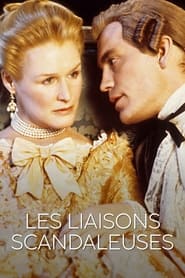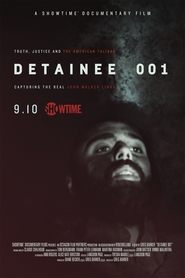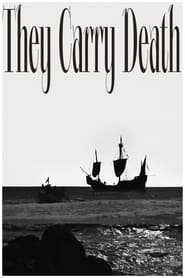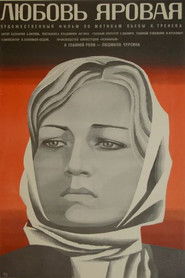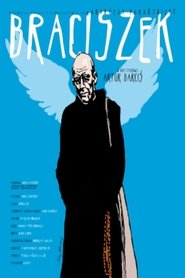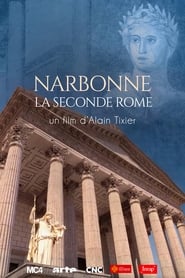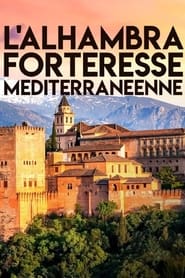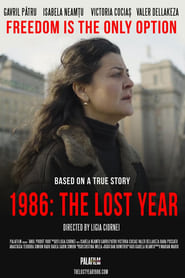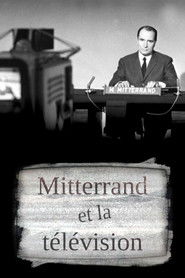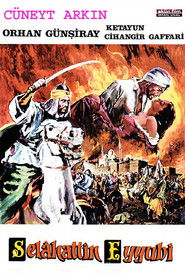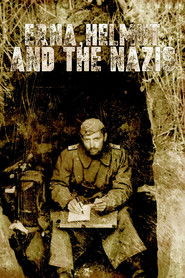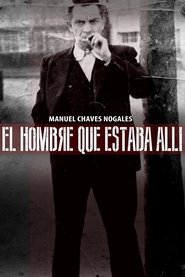Top Rated History Movies - Page 301
-
Dangerous Liaisons: A Feminist Manifesto?
2021
star 7.3Well known for its exploration of seduction and revenge, the “Dangerous Liaisons” by Choderlos de Laclos caused a scandal from its first publication in 1782. Despite – or because of the scandal – the book was a top-seller. Since then, it stood the test of time. Combining eras, continents and people, the novel is adapted around the world. Marvelous tool for reflection on the female condition, social satire announcing the Revolution, remarkable work on the conflicting nature of love but also of the gender war, consecration of the power of the words, a libertine manual… “Dangerous Liaisons” is all of these at once. -
9/11: The Plane that Hit the Pentagon
2016
star 5.7On the 15th anniversary of the attack, survivors and first responders share their vivid recollections of the day that changed the world. -
Detainee 001
2021
Detainee 001
2021
star 4.3A deep dive into the mysteries that led a young American man name John Walker Lindh, who became known as the “American Taliban,” to the battlefield in Afghanistan fighting alongside the people who were supposed to be his enemy. -
William The Conqueror
2015
star 5.8Blending drama with the explanations of passionate historians and specialists, this enriched historical reconstruction traces 60 years in the life a man who transformed the Middle Ages and laid the foundation of modern Europe, William The Conqueror. -
Le Parti du cinéma
2021
-
They Carry Death
2021
They Carry Death
2021
star 3.21492. Among the crew led by Christopher Columbus travel three men who by now should have been dead. They managed to avoid their sad fate by participating in this uncertain journey. After reaching the Canary Islands they flee taking with them one of the ship's sails. Meanwhile, in the "Old World", a woman tries to save her dying sister by taking her to a healer. Both of these trips attempt to make fun of death. Both of these trips are at the mercy of history -
Lyubov Yarovaya
1970
Lyubov Yarovaya
1970
star 3The years of civil war. Teacher Lyubov Yarovaya is on the side of the revolution. Her husband Mikhail is a White Guard officer. Mikhail fiercely fights against Soviet power. The struggle in the woman's soul between her love for her husband and her revolutionary duty ends with the victory of the latter. She passes a harsh and merciless sentence on Mikhail... -
The Rebellious Olivia de Havilland
2021
star 7.3The legendary British-American actress Olivia de Havilland (1916-2020), who conquered Hollywood in the thirties, challenged the film industry when, in 1943, she took on the all-powerful producer Jack Warner in court, forever changing the ruthless working conditions that restricted the essential rights and freedom of artists. -
Little Brother
2007
Little Brother
2007
star 5A film based on real events about the art of passing, goodness and mercy... The titular Little Brother is based on Alojzy Kosiba, "Alojzeczek" - a fundraiser and almoner who lived in the years 1855-1939. A monk approaching the end of his days wants to save a young boy's life before his earthly farewell. -
Chateaubriand
2010
-
Narbonne: The Second Rome
2021
star 7More than 2.000 years ago, Narbonne in today's Département Aude was the capital of a huge Roman province in Southern Gaul - Gallia Narbonensis. It was the second most important Roman port in the western Mediterranean and the town was one of the most important commercial hubs between the colonies and the Roman Empire, thus the town could boast a size rivaling that of the city that had established it: Rome itself. Paradoxically, the town that distinguished itself for its impressive architecture, today shows no more signs of it: neither temples, arenas, nor theaters. Far less significant Roman towns like Nîmes or Arles are full of ancient sites. Narbonne today is a tranquil town in Occitania -
Encounter with Disaster
1979
star 5.7Depicts assorted natural and human disasters, including the crash of the Hindenburg (1937), earthquakes in Alaska (1964) and Long Beach (1933), the LeMans auto racing crash at which 82 people were killed (1955), Hurrican Camille (1964), the eruption of the Mt. Etna volcano (1971), a tornado (1974), the collapse of Idaho's Teton Dam (1976), the sinking of the Andrea Doria (1956) and the Texas City explosion which devastated Galveston (1947). -
The Alhambra: Fortress of Andalusia
2021
star 8.3An examination of the artistic and construction techniques, architecture and design of this immense fortress in the south of Spain, built mainly by the Nasrid dynasty in the 13th century. Its outward austerity conceals an explosion of refinement and ornamentation, gardens and marble fountains in the grandest tradition of Moorish style and Islamic art of the period. -
The Lost Year 1986
2022
The Lost Year 1986
2022
star 7.732 years after the fall of communism and one hundred years after the founding of the Romanian Communist Party, three young independent filmmakers set out to make their feature film debut with a film about an invisible enemy, the radioactive cloud since 1986. Although a large part of the artistic team of the film The Lost Year 1986 was born after the 1989 Revolution, they will tell with humor and sincerity the story of a family from a village in communist Romania, affected by the Chernobyl nuclear accident. -
Mitterrand et la télé
2021
star 8.7May 10th, 1981. François Mitterrand is elected President of the Republic. The “soviet tanks” supposedly coming upon the Champs-Élysées dressed in red, feared by some, did not march. Serge Moati takes a personal look at this episode, focusing on the relationship the president had with television, that he witnessed and played a role in. -
Selahattin Eyyubi
1970
Selahattin Eyyubi
1970
star 4.7The film depicts the Christian West's attack on Jerusalem and the defense of Muslims led by Saladin. Believing that they will become rich and go to heaven if they capture Jerusalem, Christians led by Richard the Lionheart launch an attack. Saladin cannot find the support he expects from Muslim emirs. The Crusader armies are approaching Jerusalem, committing massacres along the way. Saladin, who has been wearing down the Crusaders with hit-and-run tactics for a long time, will defeat the Christians in the great battle and protect Jerusalem. -
Erna, Helmut and the Nazis
2021
star 7.3Germany, 1929. Helmut Machemer and Erna Schwalbe fall madly in love and marry in 1932. Everything indicates that a bright future awaits them; but then, in 1933, Adolf Hitler and the Nazi Party rise to power and their lives are suddenly put in danger because of Erna's Jewish ancestry. -
The Man Who Was There
2013
star 6The Spanish journalist Manuel Chaves Nogales (1897-1944) was always there where the news broke out: in the fratricidal Spain of 1936, in Bolshevik Russia, in Fascist Italy, in Nazi Germany, in occupied Paris or in the bombed London of World War II; because his job was to walk, see and tell stories, and thus fight against tyrants, at a time when it was necessary to take sides in order not to be left alone; but he, a man of integrity to the bitter end, never did so. -
Marceline, the Best Clown in the World
2020
star 6An account of the life and work of the Spanish clown, mime, acrobat and actor Marcelino Orbés (1873-1927), known as Marceline, who, between 1900 and 1914, was unanimously acclaimed as the best in the world.
 Netflix
Netflix
 Amazon Prime Video
Amazon Prime Video
 Apple iTunes
Apple iTunes
 Apple TV Plus
Apple TV Plus
 Disney Plus
Disney Plus
 Google Play Movies
Google Play Movies
 Paramount Plus
Paramount Plus
 Hulu
Hulu
 HBO Max
HBO Max
 YouTube
YouTube
 fuboTV
fuboTV
 Peacock
Peacock
 Peacock Premium
Peacock Premium
 Amazon Video
Amazon Video
 The Roku Channel
The Roku Channel
 AMC+
AMC+
 Kocowa
Kocowa
 Hoopla
Hoopla
 The CW
The CW
 Vudu
Vudu
 Starz
Starz
 Showtime
Showtime
 PBS
PBS
 Pantaflix
Pantaflix
 FXNow
FXNow
 Tubi TV
Tubi TV
 Kanopy
Kanopy
 Comedy Central
Comedy Central
 Crunchyroll
Crunchyroll
 Microsoft Store
Microsoft Store
 Redbox
Redbox
 Sun Nxt
Sun Nxt
 ABC
ABC
 DIRECTV
DIRECTV
 Crackle
Crackle
 Fandor
Fandor
 Plex
Plex
